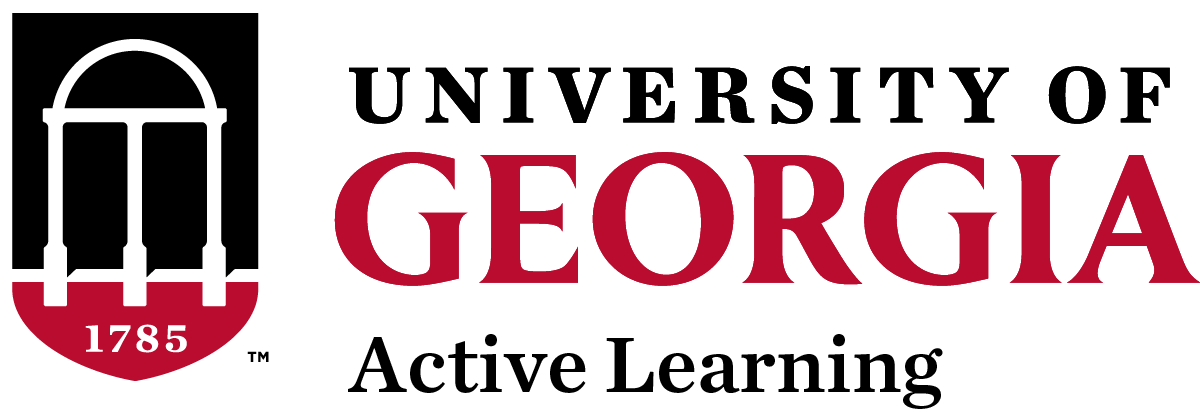What is a Peer Learning Assistant (PLA)?
Peer learning assistants (PLAs) are students who have completed an undergraduate course with an instructor and then return to support the learning of students currently enrolled in the same course with the instructor. Within this leadership role, PLAs may help plan the course with the instructor, facilitate classroom discussion and active learning techniques, and provide a resource for students seeking more information about the course.
Why are Peer Learning Assistants (PLA) beneficial for students in a course?
The literature on peer learning supports that students in a course with Peer Learning Assistants showed improved academic performance and a deeper understanding of the content. This is especially the case for students in large enrollment courses who have access to peer-led support throughout a course.
What are the benefits of being a Peer Learning Assistant (PLA)?
Students who serve as PLAs at the University of Georgia are paid an hourly rate and gain Experiential Learning credit when serving in this role. Throughout the semester, PLAs will be able to reinforce their foundational knowledge of the subject matter through mentoring peers, practice communication skills, and build confidence as they serve as a leader in the classroom.
What are the responsibilities of Peer Learning Assistants (PLA)?
PLAs dedicate five hours per week to this role, although the activities inside the classroom will vary from class to class and from instructor to instructor. Each instructor will work with their PLAs to articulate precise responsibilities and expectations.
Below is the typical breakdown of the 5 hours per week:
One Hour Per Week – PLAs will meet with the instructor to prepare for upcoming discussions and activities in the course
One Hour Per Week – Prepare for the class by reviewing the course materials
Three Hours Per Week – PLAs will attend all class meetings throughout the semester. Within these classes, they will facilitate discussions and activities among groups of students in classroom settings that encourage active engagement (e.g., facilitate interaction and discussion between students during clicker questions and activities, answer student questions, listen and ask questions as students talk through a concept/problem, etc.) as well as encourage students to reflect on their learning.
For more information on the PLA program, please email peerlearningassistants@uga.edu or call 706.542.0163.
